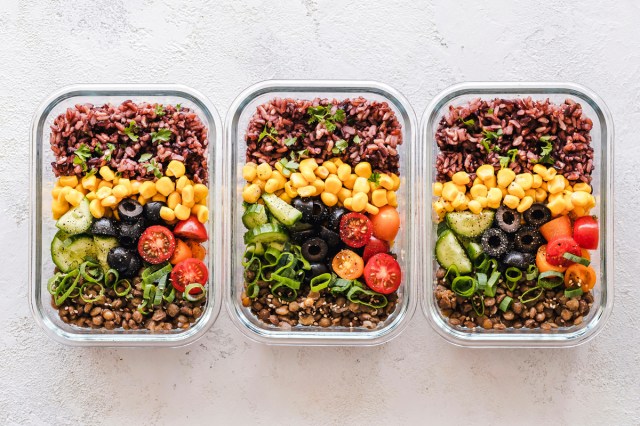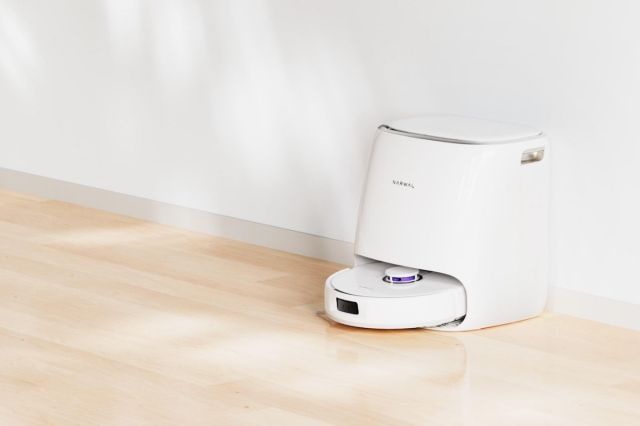Blackouts can plunge the whole household into a panic. When scrambling for flashlights and candles, you suddenly think of all the food in your refrigerator. What will happen to it if the power is out for a while? Luckily, there are plenty of methods for keeping food fresh until the lights come back on.
All featured products and deals are selected independently and objectively by the author. Better Report may receive a share of sales via affiliate links in content.
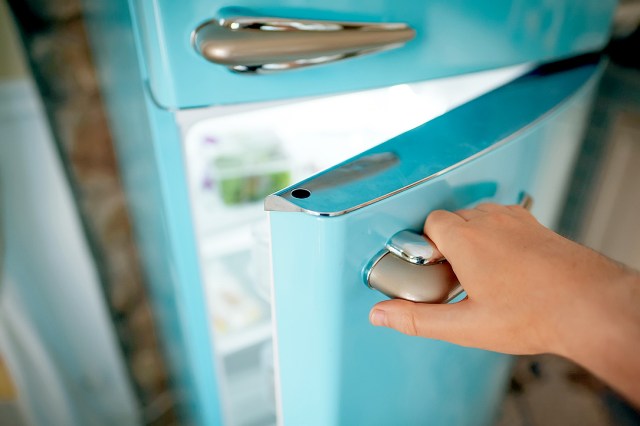
Keep the Fridge Closed
One of the worst things you can do if the power goes out is repeatedly open the refrigerator door. Every time you open the fridge, cold air escapes. If possible, avoid opening the door until the power comes back on. A sealed refrigerator will remain cold for up to four hours, but each time you open the door, that duration lessens.
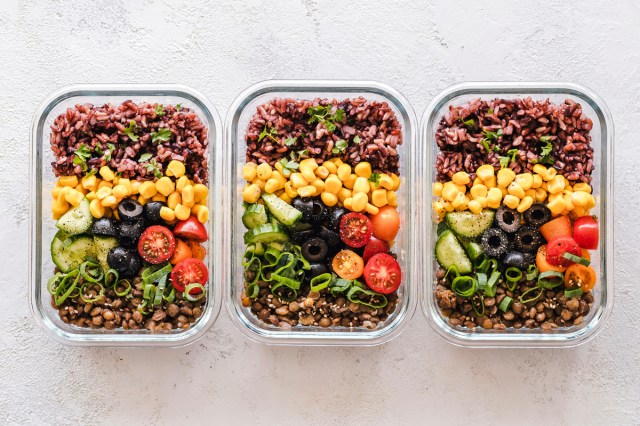
Fill a Cooler With Food You Want to Preserve
The American Red Cross recommends storing food in plastic or styrofoam coolers if a power outage is expected to last more than one day. Use ice packs, ice cubes, and bags of frozen food to keep food cold. As long as the temperature inside the cooler stays below 40 degrees Fahrenheit, food will stay fresh for a few hours.
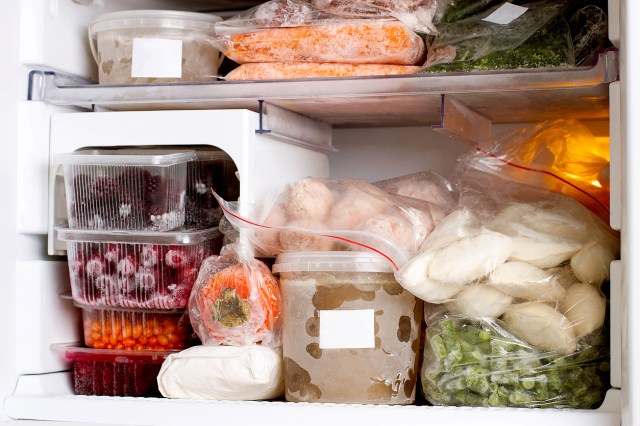
Fill Up the Freezer
Grouping cold and frozen food close together can help keep food fresh longer. In an outage, quickly move your perishable fridge items to the freezer. Pack the food as tightly as possible to reduce airflow and prevent warmth. A freezer packed to the brim can stay cold for 48 hours, while a half-full freezer will only remain cold for 24 hours.
Reader Favorites
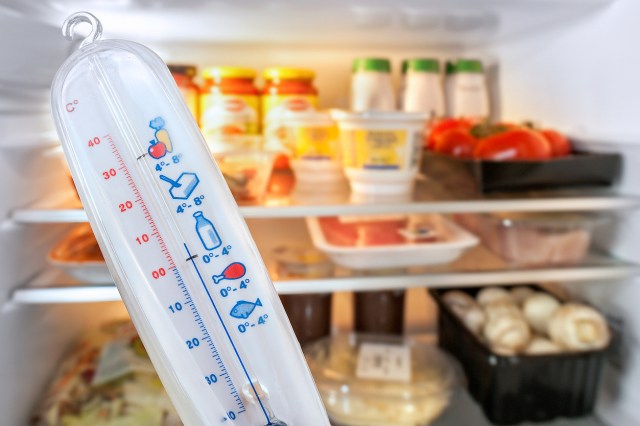
Buy an Appliance Thermometer
Some refrigerators come with smart thermometers, but that’s not always the case. If you own a standard refrigerator, purchase an appliance thermometer to ensure the internal temperature remains below 40 degrees Fahrenheit. Some digital appliance thermometers even allow you to see the temperature without opening the door, which helps keep food fresh longer during a blackout.

Never Keep Food Outdoors
You should never store food outdoors, even if it seems cold enough. Outdoor temperatures can suddenly rise into the “danger zone” (40 degrees Fahrenheit to 140 degrees Fahrenheit) and encourage dangerous bacterial growth and spoilage. Food kept outdoors also risks attracting animals.
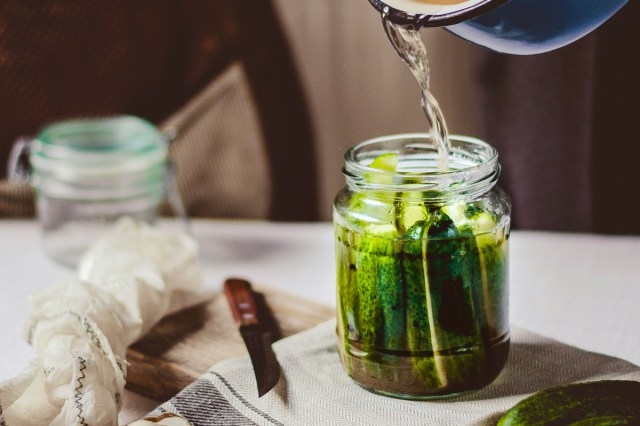
Practice Preservation Techniques
In a pinch, you can pickle any fresh item to preserve it longer. Combine fresh vegetables like cucumbers, beets, or radishes with vinegar in a tightly sealed jar. The pickling process will help preserve the vegetables long after the power comes back on. You can also preserve fresh herbs by air-drying them.
Featured Image Credit: ellaolsson/ Unsplash
More From Our Network
Better Report is part of Inbox Studio, an email-first media company. *Indicates a third-party property.
